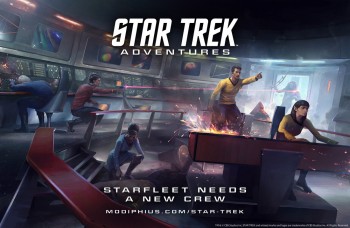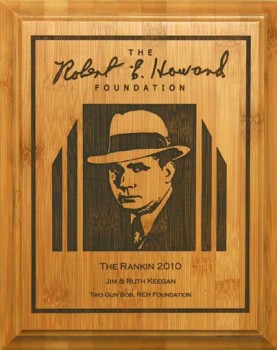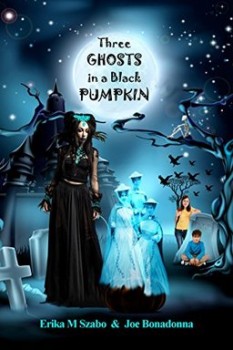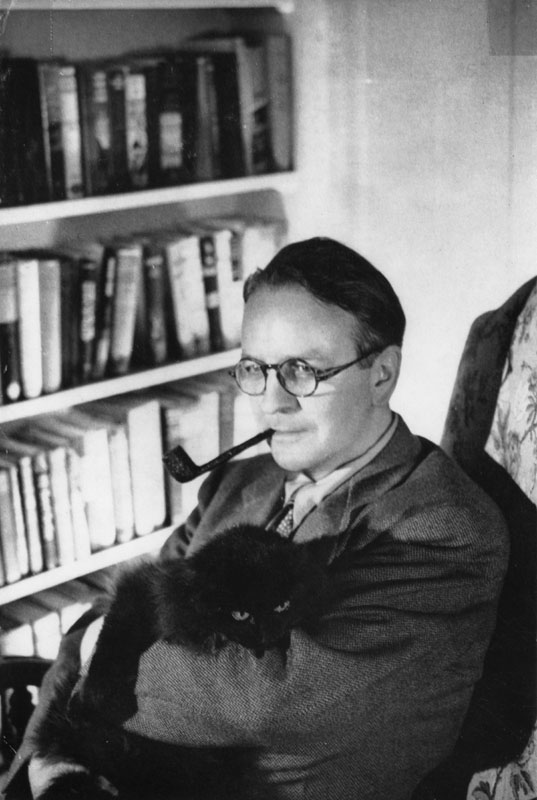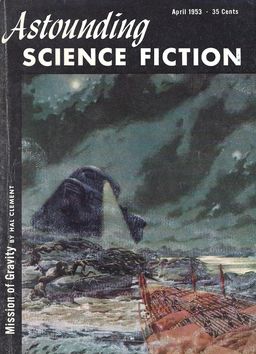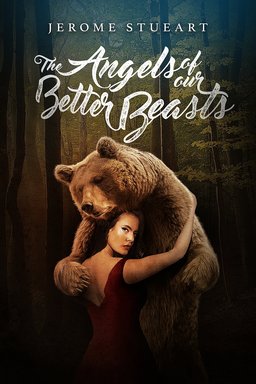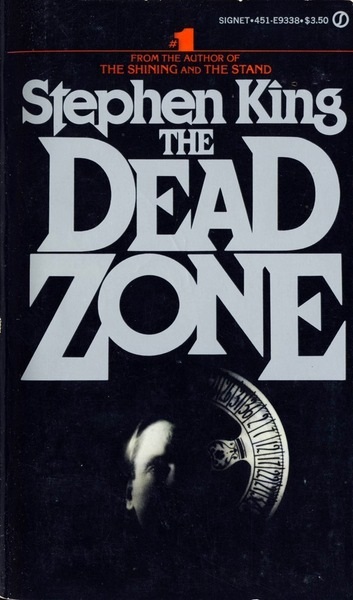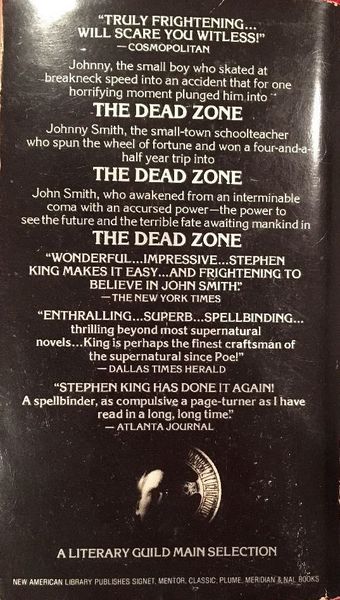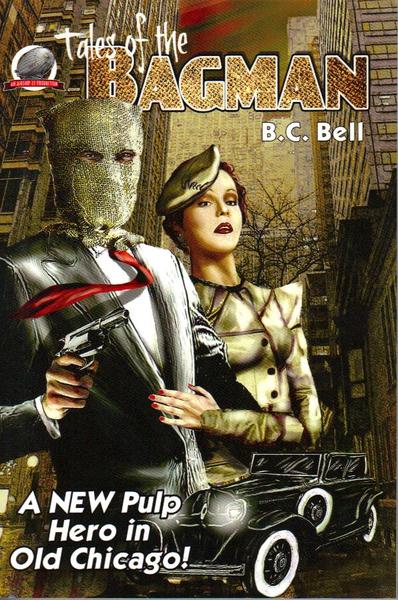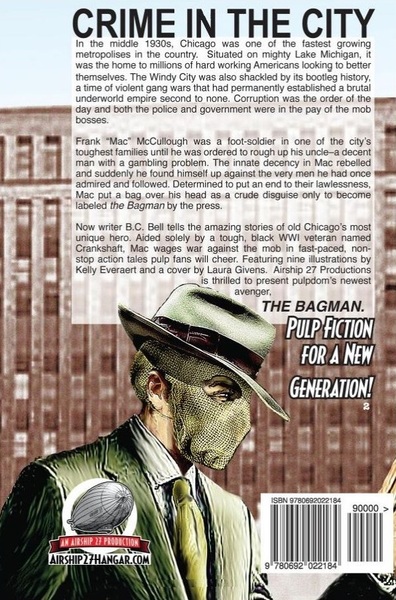Julius Schwartz on A. Merritt, Amazing Stories, and the First Worldcon
The first Worldcon, July 1939. Left to right: Jack Darrow, Jack Williamson,
Julius Schwartz, unknown, and Conrad Rupert. Photo by Bill Dellenback
While letters from and to Otto Binder made up the majority of the correspondence I acquired from the estate of Clifford Kornoelje (aka in science fiction circles as Jack Darrow), Binder wasn’t the only science fiction notable that Darrow corresponded with. One of his other correspondents was Julius Schwartz, remembered today for his roles in both the science fiction and comics fields. I thought I’d post two of those letters from Schwartz — along with some related material — today.
The first letter from Schwartz to Darrow is dated December 12, 1932. The Mort that he refers to in several places is their mutual friend, Mort Weisinger. It has a mention of Astounding, a mention of a dinner that Schwartz (and presumably Weisinger as well) will be having with pulp author David H. Keller. And most particularly, it has an interesting bit resulting from an interview that Schwartz had conducted with A. Merritt two weeks earlier. I don’t know if Merritt actually sued Amazing, as Schwartz claims, or whether he just threatened them, but Amazing did run an apology in their June 1933 issue.

